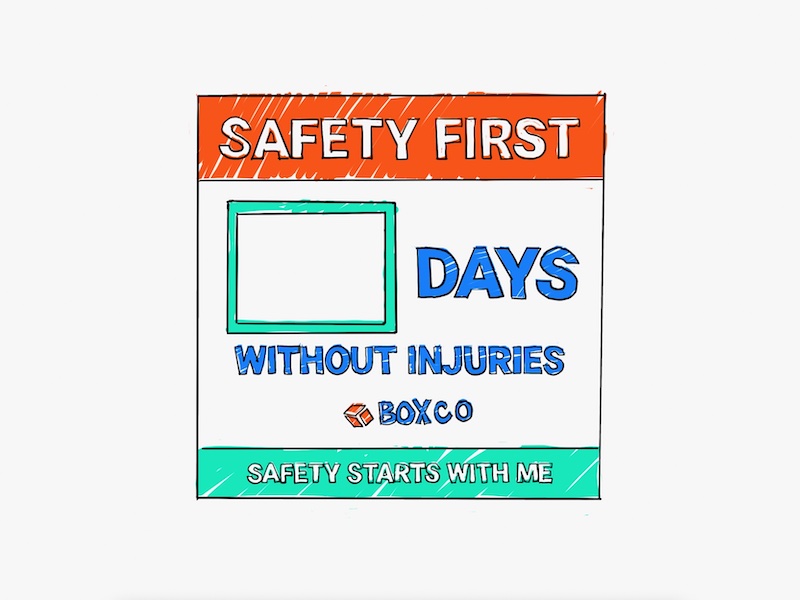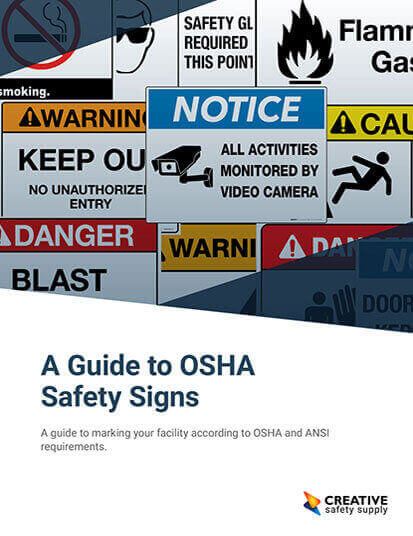

A safe working environment is essential for a range of reasons, but mainly because it helps keep employees safe. This prevents work-related fatalities, enhances productivity, eliminates monetary litigation, and enables employees to work efficiently without putting their well-being at risk. When employees feel insecure regarding their safety, it can compromise productivity and impact the overall structure of an organization.
Moreover, establishing workplace safety is mandated by the Occupational Safety and Health Administration (OSHA), which works to ensure safe working conditions for every industry, regardless of the nature of work.
Workplace safety ensures different benefits based on position.
Key Reasons Why Workplace Safety Is Essential For Employees:
- Health and Wellbeing: A safe work environment eliminates the exposure of hazards, mitigates risk and potential injury, and creates an environment where employees can work without any fear for their well-being.
- Reduced Stress: The sense of security employees feel in their workplace creates an element of ease. Employees don’t have to exert themselves worrying about what harm could befall them at any given moment.
- It Enhances Productivity: There’s a strong link between workplace safety and employee productivity. When employees are not concerned about their well-being, they can focus solely on their work, which maximizes productivity and leads to profitable results.

Key Reasons Why Workplace Safety Is Important For Employers:
- Ethical Responsibility: Ultimately, it is up to the employer to establish a safe working environment where employees feel secure. This is the core backbone of a responsible employer.
- Employee Morale: When a company shows genuine concern and trust for its employees, it cultivates trust and devotion. This emotional approach can ultimately enhance employee morale, leading to maximum results.
- Avoid Lawsuits: By investing in proactive workplace safety measures, companies can avoid medical bills and lawsuits and prevent damage to their reputation in the long run.
Additional Workplace Safety facts:
- Workplace safety is important for several reasons. First, it protects employees from injuries, illnesses, and death. Second, it helps protect employers from liability in the event of an accident. Third, it helps to ensure that the workplace is a safe and healthy environment for everyone. Source: https://www.law.cornell.edu/wex/workplace_safety
- According to the International Labour Organization (ILO), more than 2.78 million workers die from occupational accidents and work-related diseases each year, and an additional 374 million workers suffer from non-fatal injuries. The economic cost of poor occupational safety and health practices is estimated at 3.94 per cent of global Gross Domestic Product each year. Source: https://iosh.com/news/why-health-and-safety-is-important/
- Workplace safety is also an essential part of the movement towards sustainable development. It contributes to the social, economic, and environmental dimensions of sustainability by protecting workers’ rights, well-being, and livelihoods, enhancing productivity and competitiveness, and reducing environmental impacts and resource consumption. Source: https://safetyculture.com/topics/workplace-safety/
- Workplace safety can be improved by implementing a comprehensive safety strategy and program that involves risk assessment, hazard identification and control, training and education, monitoring and evaluation, and continuous improvement. Workers should also be involved in the safety process and empowered to report and address any safety issues or concerns. Source: https://iosh.com/news/why-health-and-safety-is-important/
- There are various standards, guidelines, and tools that can help employers and workers improve workplace safety. For example, the ILO has developed a set of International Labour Standards on occupational safety and health that cover various aspects of work, such as working conditions, occupational diseases, chemical safety, and ergonomics. The World Health Organization (WHO) also provides resources and guidance on workplace health promotion, occupational health services, and occupational health surveillance. Source: https://safetyculture.com/topics/workplace-safety/
Similar Questions
- How does workplace safety effect efficiency?
- What is the role of PPE in workplace safety?
- What is the scope of construction safety?
- What are workplace safety requirements?
- What is meant by safety & health in the workplace?
- When and how often should I conduct workplace safety training?
- What are common safety hazards in a facility?
- How can workplace safety be maintained?
- Why are emergency eye wash stations important?


